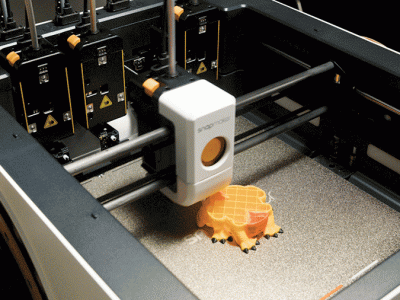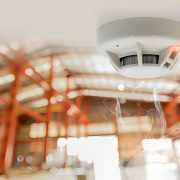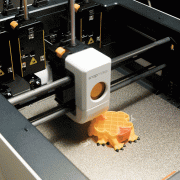The way most people think about fire safety is somehow subconscious. We walk into our houses, offices, or business premises with a calm belief that all is okay, that nothing dangerous is occurring behind a wall or in a cavity of the ceiling. But history and experience indicate that the inception of a fire is nearly always silent and concealed, and seemingly minute.
The Real Role of a Fire Alarm System
While going through some industry resources this morning, one thing was striking us again and again: an organized fire alarm system is not a luxury, and it is the primary and most necessary line of defense. Firms such as DW Security, which operate closely with commercial and residential customers, will repeat the notion that most individuals undervalue their vulnerability until a close call or a real-life experience makes them reconsider.
Their installation and maintenance personnel face numerous situations in which the detection systems are either obsolete, incomplete, or simply nonexistent, and their advice is clear: early alerting is the surest way to stay ahead of the looming threat.
They base this view on field experience, which, in practice, has saved property loss, prevented shutdowns of operations, and, in most instances, avoided much more serious consequences through the timely detection of problems.
How Fires Actually Start
Fire experts often point out an inherent fact: the majority of dangerous ignition incidents occur in areas where the occupants have no visibility.
Familiar sources include:
- A hidden faulty electrical condition
- Overheated equipment
- Unattended wiring
- Tiny burning material.
By the time the smoke is observed or smelled, the fire may well have spread beyond the original, which is most easily manageable.

The most important findings of fire-safety studies indicate that:
- A good number of business fires start in the hidden areas.
- Fire at an early stage emits toxic gases before flames.
- Human detection is unreliable at off-hours or during low-activity periods. Emergency responders depend heavily on automated alarm signals to minimize response time.
Why Timely Alerts Matter
A modern fire detection system goes far beyond sounding an alarm. It provides precise location alerts, may activate suppression systems, and speeds emergency response with immediate data. A minute saved can help to avoid significant harm, assist with quicker evacuation, safer intervention, and overall improved incident control.
The Often-Forgotten Maintenance Factor
The need to perform constant inspection and maintenance is one of the common motifs throughout the safety guidance platforms. Sound systems, even the most high-tech ones, fail over time when not maintained.
Common issues include:
- Dust accumulation on detectors
- Depleted or expired batteries
- Disabled or silenced alarm sounders
- Outdated control panels
- Failure to meet compliance or audit requirements
Regular maintenance makes the system work exactly as it was planned. Failure to do this may render the best technology useless.
Investing in Reliable Safety Infrastructure
A trustworthy fire detection and alarm system not only provides compliance but also gives confidence. The experience of DW Security enables buildings to be monitored effectively, to provide quick notifications, and to maintain reliability, protecting the lives of the population, securing the safety of assets, and increasing the preparedness of buildings prior to risks appearing.













Comments